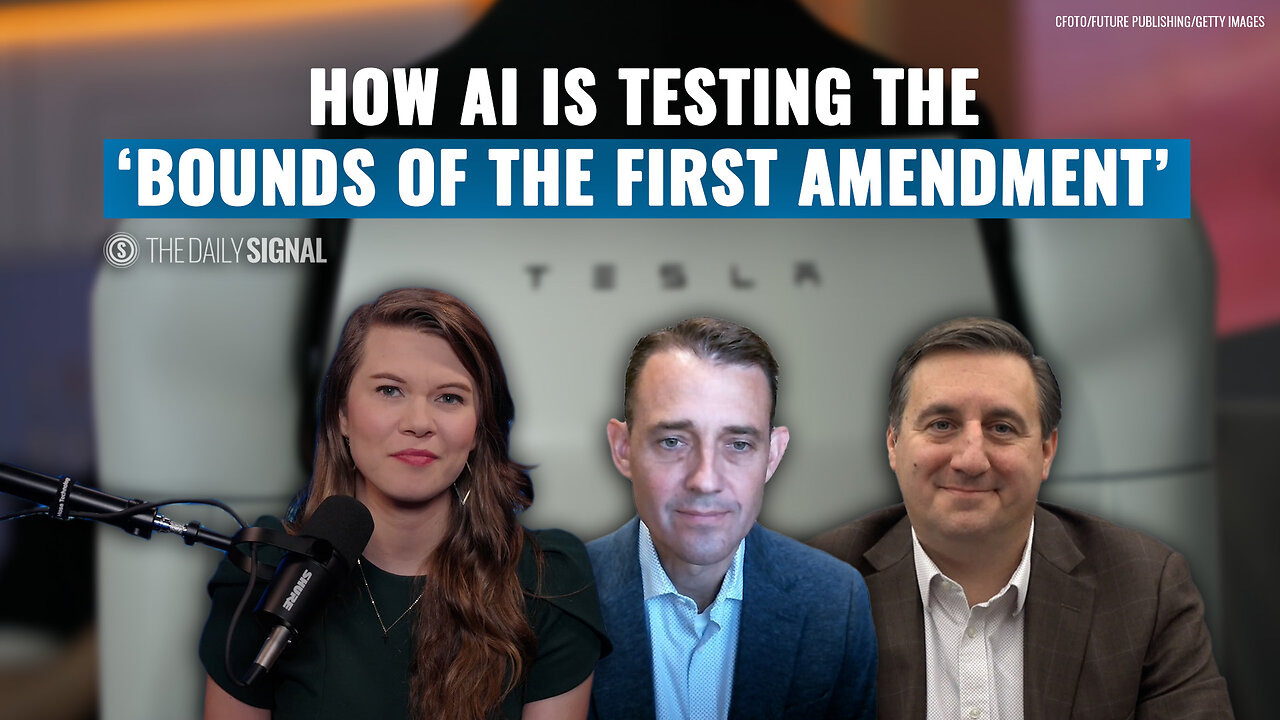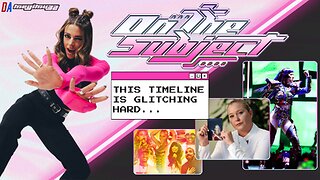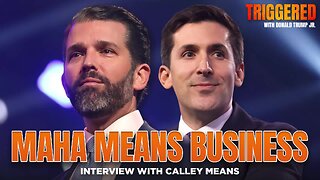Premium Only Content

Does Generative AI have First Amendment Rights? These Legal Experts say ‘No.’
Artificial intelligence technology is making its way into more areas of daily life. But there are still many unknowns about AI, including major legal questions about the ways the technology should be governed, and which AI-generated speech is, or is not, protected under the First Amendment.
Generative AI, in its most basic form, is “trained on vast amounts of data,” according to Ryan Bangert, senior vice president of strategic initiatives at Alliance Defending Freedom. “It ingests petabytes of information in order to learn how human language works, in order to understand how it is that human syntax grammar is structured, and then it predicts what comes next.”
Generative AI is “not a mind, it's not a consciousness, it's not a human being,” Bangert says. “It's a piece of software, a very complex piece of software, that's fulfilling an algorithmic function.”
Therefore, he adds, generative AI is “not a First Amendment rights-bearing entity.”
In their new paper, “The Ghost in the Machine: How Generative AI Will Test the Bounds of the First Amendment,” Bangert and Jeremy Tedesco, senior vice president of corporate engagement at Alliance Defending Freedom, parse the relationship between AI and the First Amendment.
Bangert and Tedesco join “The Daily Signal Podcast” to discuss the fight to protect free speech amid rapidly changing AI technology use.
Don't miss out on conservative journalism by subscribing to The Daily Signal Podcast: https://open.spotify.com/show/4fY1OwMIGUdrCIeUL9Ncqg?si=90e3cb17e8f947c3
-
 1:33:55
1:33:55
Glenn Greenwald
7 hours agoGaza Starves, Pro-Israel Propagandists Escalate Extremist Rhetoric and Actions | System Update #444
74.7K137 -
 LIVE
LIVE
GrimmHollywood
9 hours ago🔴LIVE • GRIMM HOLLYWOOD • SHADOW OF THE ERDTREE FIRST PLAYTHROUGH • PART 1
97 watching -
 LIVE
LIVE
megimu32
3 hours agoON THE SUBJECT: This Timeline is Broken: Epstein, Aliens & Summer Anthems
218 watching -
 1:02:42
1:02:42
Donald Trump Jr.
8 hours agoMAHA Means Business, Interview with Calley Means | TRIGGERED Ep.237
107K45 -
 LIVE
LIVE
Joker Effect
56 minutes agoWhy aren't you trying to enjoy yourself? Live a little!
312 watching -
 LIVE
LIVE
NeoX5
2 hours agoTyping of the Dead | Don't Be Afraid 2 | Rumble Gaming
37 watching -
 57:50
57:50
BonginoReport
5 hours agoFAKE News In A Downward Ratings Spiral - Nightly Scroll w/ Hayley Caronia (Ep.36)
73.6K50 -
 7:58:02
7:58:02
Dr Disrespect
10 hours ago🔴LIVE - DR DISRESPECT - TRIPLE THREAT CHALLENGE - WZ, PUBG, FORTNITE
154K12 -
 1:28:36
1:28:36
LIVE WITH CHRIS'WORLD
7 hours agoLIVE WITH CHRIS’WORLD - HERE IS THE KEY TO 100 DAYS OF SUCCESS!
30.1K8 -
 1:54:45
1:54:45
Wayne Allyn Root | The Root Reaction
4 hours agoThe Root Reaction | 28 April 2025
28.8K1